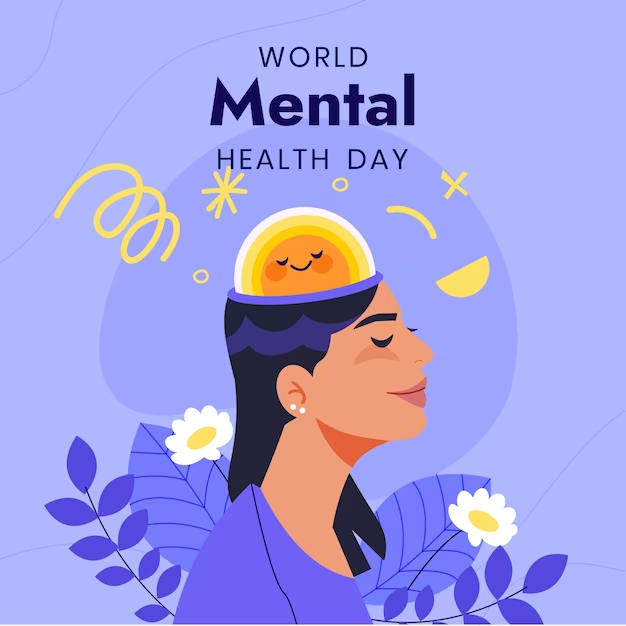
World Mental Health Day 2024: How Is Stress And IVF Correlated
World Mental Health Day, celebrated on October 10th, serves as a reminder to prioritise mental well-being and raise awareness about mental health issues globally. As we navigate the complexities of life, it’s vital to understand the interconnectedness of mental health, stress, and reproductive health, particularly in the context of in vitro fertilisation (IVF). The pressures surrounding IVF can significantly affect individuals' mental health, which, in turn, may influence IVF success rates. We spoke to Dr Nisha Pansare a Fertility Consultant at Nova IVF Fertility, Pune, about how stress and IVF success rates are correlated. Keep reading to learn more.
How Is Stress And IVF Correlated?
The journey through IVF can be emotionally taxing, often accompanied by a rollercoaster of hope and anxiety. According to Dr. Nisha Pansare, “For many couples facing fertility challenges, IVF is a mentally and physically draining process.” The unpredictability and complexity of IVF can lead to heightened stress levels, impacting both physical and emotional health.

Research suggests a significant correlation between stress and fertility. Dr. Pansare explains, “Although the relationship between stress and fertility is complicated, many specialists believe that stress can adversely affect reproductive success.” Elevated stress levels can affect sperm quality, disrupt hormone levels, and interfere with ovulation, all of which are crucial for successful conception. During IVF, high psychological stress can create an environment less conducive to successful implantation.
Moreover, chronic stress leads to the overproduction of cortisol and other stress hormones, upsetting the delicate hormonal balance necessary for a healthy pregnancy. Dr. Pansare emphasises, “Women who report higher levels of stress prior to starting an IVF (Breastfeeding for IVF moms) cycle often face more challenges during treatment.” This indicates that managing stress is essential not only for emotional well-being but also for enhancing the likelihood of IVF success.

The impact of stress extends beyond hormonal changes; it can also lead to unhealthy coping mechanisms, such as sleep deprivation, poor nutrition, and overthinking. Dr. Pansare points out, “Chronic stress can result in unhealthy habits that further burden the body, making it harder to conceive.” Therefore, creating a supportive atmosphere through stress management is crucial for couples undergoing IVF.
Don't Miss: What Is Emotional Abuse: 5 Key Signs You Shouldn’t Ignore
How to Manage Stress During IVF?
Managing stress during IVF is easier said than done, but several strategies can help couples navigate this challenging period:

- Engaging in mindfulness practices can significantly reduce anxiety. Dr. Pansare recommends methods such as guided meditation and deep breathing, stating, “Mindfulness can help calm the nervous system and reduce stress levels, creating a more conducive environment for conception.”
- Connecting with others facing similar challenges can alleviate emotional distress. Dr. Pansare suggests, “Joining a support group or seeking therapy can help individuals cope with feelings of isolation and emotional turmoil during IVF.” This community support can be invaluable during a time when individuals may feel overwhelmed.
- Gentle physical activities, such as yoga, walking, or swimming, can help release endorphins, which are natural stress relievers. Dr. Pansare explains, “Light exercise not only promotes physical health but also enhances mental well-being, helping couples feel more balanced during their IVF journey.”
- Some studies indicate that acupuncture may improve the likelihood of conception by reducing stress and increasing blood flow to reproductive organs. “Acupuncture can be a helpful adjunct therapy for couples looking to manage stress and improve their overall fertility,” advises Dr. Pansare.
Don't Miss: How to Fully Utilise Your 60-Minute Therapy Session: Expert Shares Insights
As we observe World Mental Health Day 2024, let’s recognise the importance of addressing mental health in all aspects of our lives, including the path to parenthood.
Image Credits: Freepik
If you liked this story, then please share it. To read more such stories, stay connected to HerZindagi.